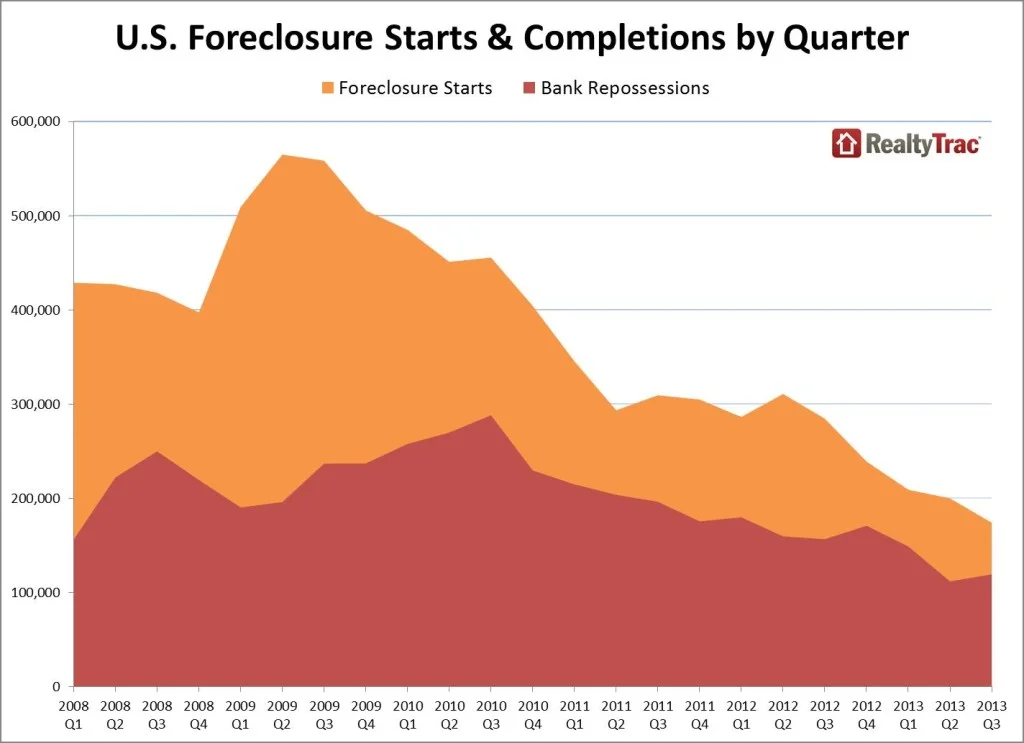These days, seven in ten college graduates leave school with some amount of debt - nationally, that totals about $1.1 trillion as of last year. With this kind of debt, it's hard not to imagine that student debt has an affect on the housing market - after all, those are all potential first time home buyers entering the "real world" with a lot of debt.
And the concern is just that - the number of first time home buyers is historically low: fewer than 30% of all home sales in the past six months were first time buyers, compared to the 40-45% that it normally is. Another contributing factor to the overall problem is that wages aren't rising as fast as the student loan burden is.
Additionally, first time home buyers (not just those with student loans) aren't showing up in the numbers because of the overall health problems of the economy, and possibly due to the increases in home prices we saw last year in cities like Los Angeles. We need those first time home buyers; if they aren't coming in at the bottom level (buying those first homes), the market can become stagnant because then there's noone for the "middle" to sell to as they try to move up.







